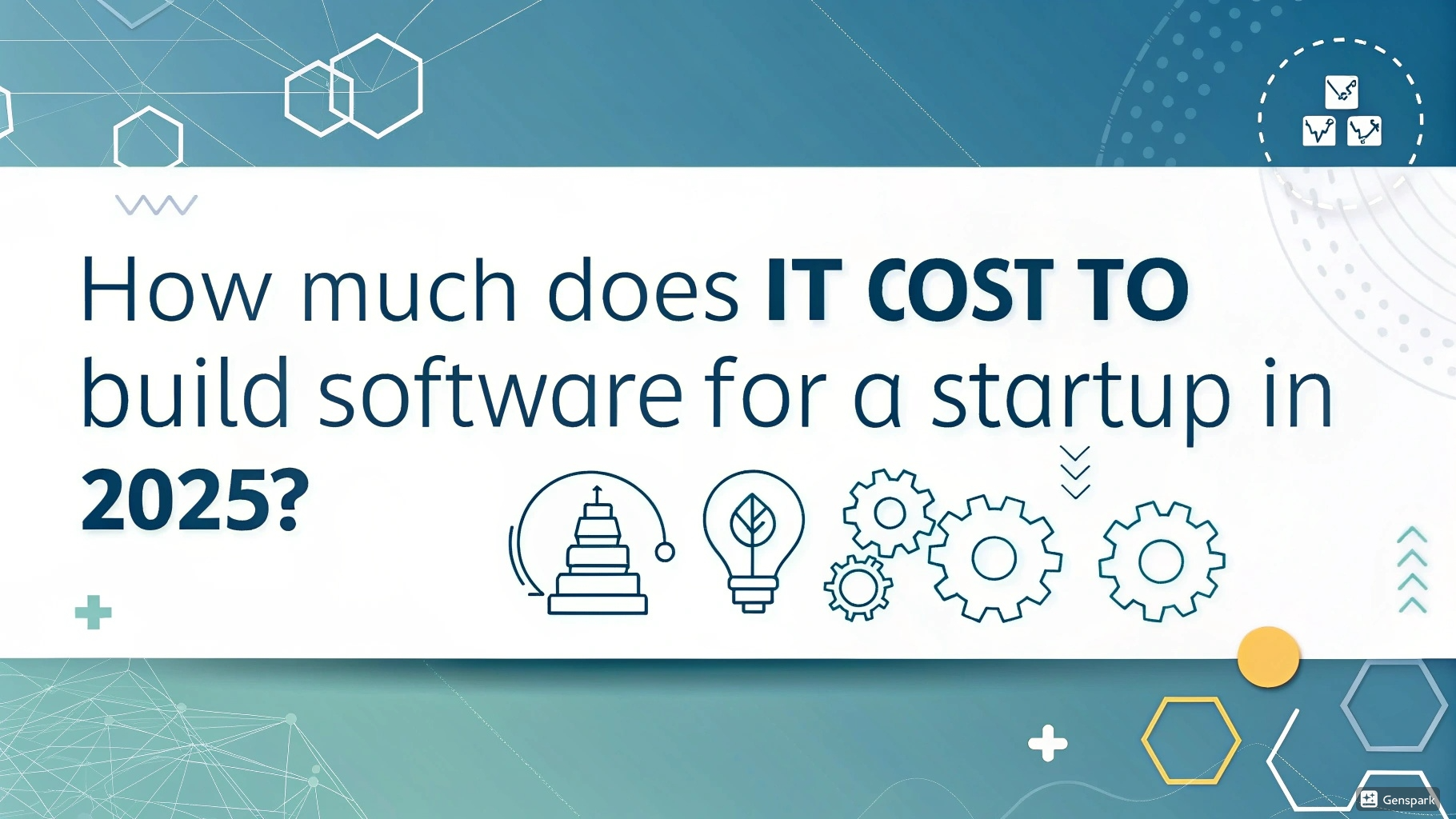How Much Does It Cost to Build Software for a Startup in 2025?

Strong 8k brings an ultra-HD IPTV experience to your living room and your pocket.
In 2025, software is the foundation of most startups. Whether you're launching a FinTech product, a marketplace platform, or a SaaS tool, your software solution is often your business model. One of the first questions every founder asks is: how much does it cost to build software for a startup in 2025? This guide walks you through everything you need to know about pricing, hidden costs, and strategies to make the most of your development budget.
Understanding the Key Cost Drivers
The cost of software development can vary significantly depending on several factors. These include the type of software you’re building, the complexity of the features, the design requirements, and the team you hire.
For example, building a simple MVP (Minimum Viable Product) with core functionality may cost around $10,000 to $40,000, while a full-scale SaaS platform or a feature-rich marketplace could range anywhere from $50,000 to over $200,000. Complexity is a major factor—integrating payment systems, real-time chat, AI algorithms, or third-party APIs will naturally increase the price.
Team Structure and Developer Location Matter
Another major cost consideration is who is building your software. If you're hiring a local development agency in North America or Western Europe, expect to pay premium rates—often $100 to $200 per hour. Offshore development agencies in regions like Eastern Europe, India, or Southeast Asia can offer highly skilled services at a fraction of the cost, often between $30 to $75 per hour.
Some startups choose to work with freelancers to reduce initial expenses. While this is more affordable, it can require more project management effort and may come with risks if you're building a complex product. On the other hand, a dedicated development partner or agency can handle everything from planning to deployment, often providing better long-term results.
Breakdown of Estimated Costs by Project Type
While actual costs can vary, here’s a general breakdown of what startups can expect:
-
Simple MVP or prototype: $10,000 – $40,000
-
Mid-level product (SaaS or marketplace app): $40,000 – $100,000
-
Enterprise or AI-powered platform: $100,000 – $200,000+
These estimates include planning, design, development, and basic QA testing—but may not include long-term maintenance, marketing tools, or infrastructure costs.
Hidden Costs That Founders Often Miss
Budgeting only for initial development is a common mistake. Software products require ongoing attention and investment. After your launch, you’ll likely need funds for:
-
Cloud hosting and infrastructure services (like AWS or Google Cloud)
-
Maintenance, bug fixes, and feature updates
-
Security audits and compliance certifications (GDPR, HIPAA, etc.)
-
Analytics, monitoring tools, and customer support systems
-
App store or payment processor fees
Failing to account for these expenses can stretch your budget thin after launch, so it’s crucial to plan ahead.
How to Optimize Your Software Budget as a Startup
Cost-efficiency doesn’t mean cutting corners. The smartest startups build lean. Begin with a focused MVP that solves a real problem for a specific user group. Test your assumptions early and iterate based on real user feedback.
Choosing the right tech stack is also important. Many startups now use low-code or no-code platforms for internal tools or admin panels, saving time and resources. Others leverage open-source libraries to reduce custom coding. It’s also wise to work with a team experienced in working with startups—they’ll understand the need for flexibility, speed, and value.
Conclusion: Budgeting Smartly for Software in 2025
In 2025, the cost to build startup software can range from $10,000 to $200,000 or more, depending on your goals, complexity, and development approach. With thoughtful planning and the right team, you can build a scalable, high-quality product without exhausting your funding.
Whether you're bootstrapping or backed by investors, always begin with clear objectives, a realistic scope, and an agile mindset. The more focused and validated your idea is, the less time and money you’ll waste on revisions down the line. When done right,Software Development for Startups becomes a powerful growth engine—not just a technical necessity.
Note: IndiBlogHub features both user-submitted and editorial content. We do not verify third-party contributions. Read our Disclaimer and Privacy Policyfor details.




